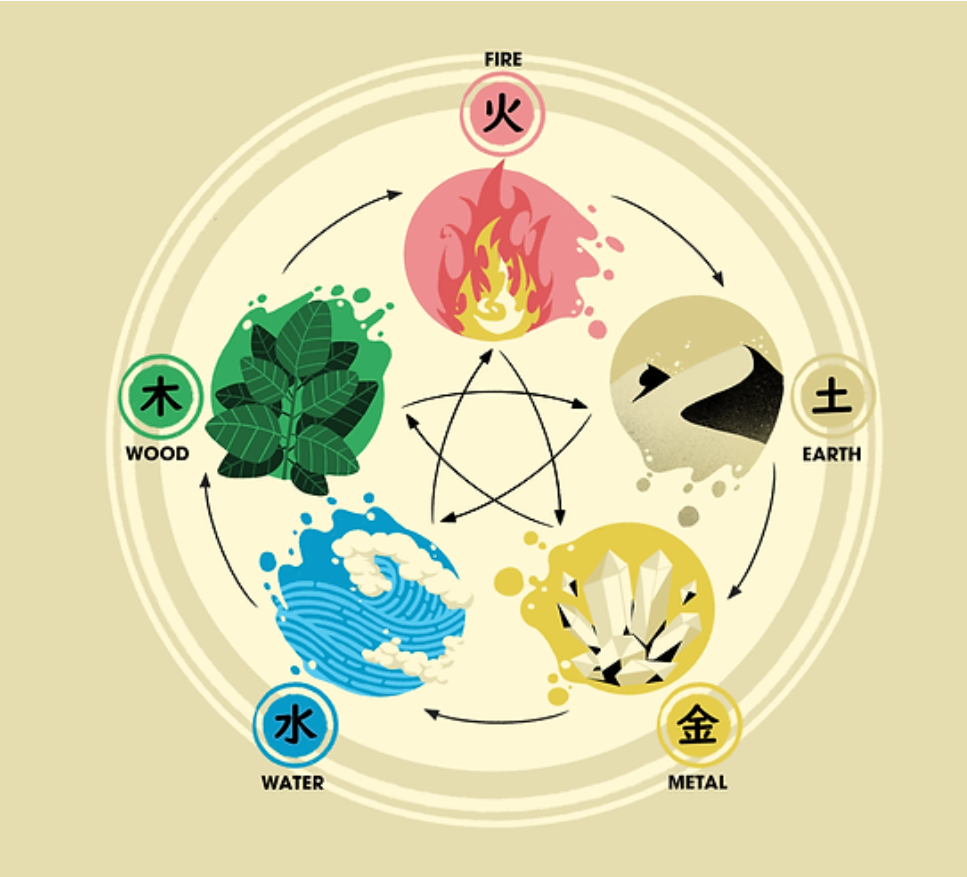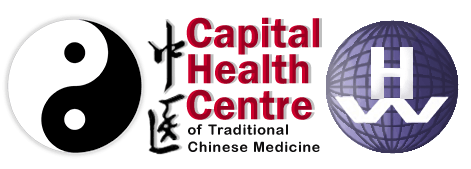Good Questions are an Essential Path to Leading Change
How Questions Drive Learning and Change
Many people understand that the key to achieving and maintaining a balanced and healthy lifestyle is to pay equal attention to their emotional, physical, and mental health needs. These aspects of your health are interlinked, and can often be improved on the individual level through a lifestyle consisting of good nutrition, exercise, rest, and through emotionally balancing efforts, such as meditation.
The world is lacking in good questions, not good answers. This means that we can go one step further and introduce consistent self-reflection into our daily routines. This mindfulness can help us assess our own health and well-being states so that we can ask questions that can assist us in gaining a holistic outlook on our lifestyle. The world is plentiful in knowledge, resources, and wisdom, but it is up to us as individuals to seek out this information, and ask good questions.
Everyone can do this through an easy, but insightful, method of daily self-reflection. It only takes 5 minutes out of your day, but this process allows you to build the necessary consciousness and understanding of your own mind, body, and soul, so that you can be aware of any changes happening to your body, and you can ask what they mean. Keeping track of your own health and well-being can give you a sense of autonomy as you have the ability to understand your own body’s cues, and it gives you the opportunity to seek professional advice regarding any questions that may arise.
This process can be conducted in the morning, or at night, but it is recommended that you take 5 min out of your morning to think about your overall well-being so that you can be prepared for the day ahead. This is a good daily habit to get into, which can be maintained throughout your life. Setting this time out of your day to ground yourself and analyse how your body and mind are feeling can be very beneficial to your peace.
You can easily achieve this by either just thinking about how you are feeling, or by writing it down in the form of a journal. For example, you can ask these questions to yourself: “How is my energy today?”, “how much sleep did I get last night, and was it of a good quality?”, “How are my emotions and temperament? Am I feeling balanced?”, “How has my digestion been lately? Has it been consistent?”. By asking yourself these general questions, you can gain a valuable sense of how your body is feeling. Over time, this simple habit can make it easier for you to notice when there are differences in your body, which can be early signs of problems.
By asking these simple questions, you can also pinpoint what aspects are changing, or what issues you are having, which can make it easier for you to understand how to heal yourself, and how to explain your concerns to a practitioner.
Incorporating the Five Elements of Chinese Medicine

These questions can help you to identify which of the five elements of traditional Chinese medicine are out of balance. This concept represents the relationships between aspects of the natural world, which can also be linked to the functions of the human body. This is an integral part of diagnosis and treatment within the field of Chinese medicine. The five elements are:
- Wood. This element is connected to your liver, and your emotions and temperament can reflect changes in this element.
- Fire. This is connected to the heart, and your sleep can assist in improving this element.
- Earth. This element is associated with the spleen, and issues in this element can be reflected in your digestion and appetite patterns.
- Metal. This is associated with the lungs, and your energy levels can highlight any issues in this element.
- Water. This element is connected to your kidneys, and any aches, pains, or even discomfort in your body can be linked to this element.
Therefore, by implementing this simple 5-minute self-reflection into your everyday routine, you can begin to understand your body, and its signals, which can be beneficial in the prevention of health issues, when combined with a balanced and healthy lifestyle.
Written by Lili Henderson-Clark




